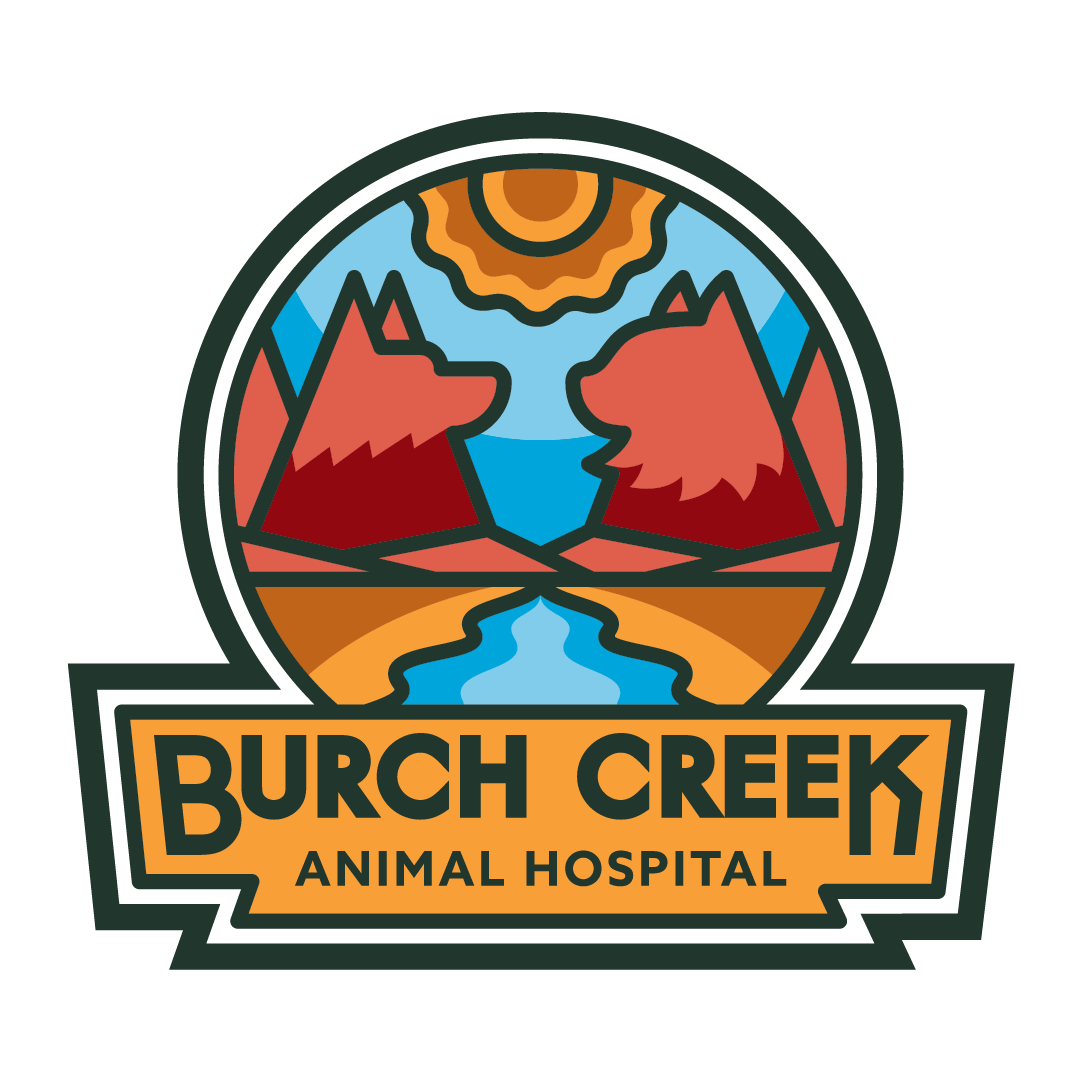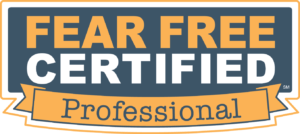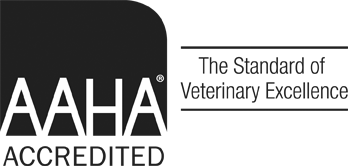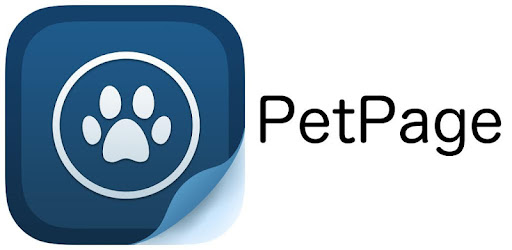Anxiety Resources:
Unfortunately, our pets can have anxiety, fear, stress, and reactivity for many reasons. It is estimated that over 23 million dogs are affected by fear and anxiety disorders in the US. Luckily there are high quality supplements available that are backed by scientific research that supports improvement in these symptoms with daily use.
Some pets’ symptoms are more severe and may need behavior modification therapy with a professional trained in behavior as well as prescription medication to address their anxiety symptoms. We can prescribe medication for these patients and we can refer you to trusted sources for behavior modification therapy. There is no simple pill that will cure behavior problems- medication can improve the symptoms and the success of behavior modification therapy – but the most important part of treating a pet with fear, anxiety or stress is working with a professional trained in positive based behavior modification.
One important thing to consider *before* things like behavior modification, supplements or medications is – are my pet’s emotional needs being met? This means that in addition to providing good nutrition, veterinary care, and safe and comfortable housing or shelter, we also need to make sure we are being attentive to their mental health and emotional needs and safety. Species appropriate environmental enrichment includes giving them safe opportunities in ways that are also acceptable to us to do normal dog or cat behaviors such as sniffing, digging, foraging, playing, barking, scratching, and hunting prey (real or stuffed!). Providing appropriate social interactions, the right amount of exercise (too much can be as unproductive as too little), clear and positive-based reinforcement training, a quiet place to rest and predictable routines and interactions is HUGE for our pets’ mental health.
Many of us take our dogs for walks, but we may have the notion that a walk should always be fast paced exercise. Our dogs benefit mentally just as much or more when we SLOW down and let our dogs sniff all the things they want to sniff. Food puzzles, food dispensing toys, snuffle mats and hiding treats or toys around the house or yard allow our dogs to use their noses and their brains and exhibit normal foraging behavior. Sniff exercises are also very calming for dogs.
Training classes are not just for puppies! Taking a positive reward based class with your dog strengthens your bond, improves your communication with your dog, and is fun for both of you. Your dog may like some of our local classes such as obedience, getting their Canine Good Citizen title, a tricks class, scentwork, agility, barnhut, flyball, rally, Fast Cat or Dock Diving.
What about cats!!??
https://indoorpet.osu.edu/cats
https://catfriendly.com/
https://www.fearfreehappyhomes.com/kit/cats-101/
These websites provide a wealth of information about our cat’s environmental needs
including scratching options, litter box choices, perches and resting areas, toys,
identifying your cat’s prey preferences, as well as understanding cat behavior and feline
life stressors, anxiety, boredom and intercat conflict.
Signs of fear, anxiety and stress include:
- Dogs: hiding, escaping, excessive barking, trembling, panting, pacing, hypersalivation/drooling, destructive behaviors, elimination in the house (urine/feces), changes in appetite
- Cats: changes in appetite, overgrooming, hiding, panting, urine spraying or urinating/defecating outside the litterbox, inter-cat aggression (this can be subtle- even if your cats don’t actively fight, there can be bullying behavior occurring that is very stressful)
Just like in humans, some pets do better on some medications or supplements than others- it is a bit of trial and error to see what works best for each individual pet. Sometimes we need to layer multiple supplements +/- medications (along with behavior modification) to reach the best outcome.
Pheromone Therapy:
A pheromone is a chemical substance produced and released into the environment by an animal that affects the behavior or physiology of others of its species. Because they are species specific, we can’t detect dog or cat pheromones; dogs only detect dog pheromones, and cats only detect cat pheromones. You can use both in your house safely and effectively if you need them for both your cat(s) and dog(s).
Using synthetic versions of the calming and happy/positive pheromones that cats and dogs produce can be very effective to reduce fear, anxiety and stress. We use these products in our clinic: we have diffusers in exam rooms and pet wards and we spray ourselves, the blankets, bedding and towels that we use to handle and house your pets when they are in the clinic to reduce their fear, anxiety and stress. You may begin to see improvement within days of starting pheromone therapy but it takes 30 days to reach full effect.
Dog:
Thunderease (formerly called Adaptil): this is available as a pheromone collar,
diffuser and spray:
Cat:
Feliway: feline pheromone diffusers and spray https://us.feliway.com/
Thundershirt: https://thundershirt.com/collections/all-thundershirts
A ThunderShirt may help some pets in stressful situations like thunderstorms, fireworks,
separation anxiety, travel and vet visits. The ThunderShirt’s patented design applies
constant, gentle pressure on the torso that helps to calm many pets.
Oral Supplements:
Solliquin: https://www.solliquin.com/
- This contains 4 ingredients that relax and control stress and anxiety:
- L-theanine: An amino acid found naturally in green tea. It directly stimulates the production of alpha brain waves, which create a state of deep relaxation, wakefulness, and mental awareness.
- Magnolia / Phellodendron: The combination of Magnolia and Phellodendron extracts appears to be synergistic, which means that the combination of both controls stress and anxiety more effectively than either compound used alone.
- Whey Protein Concentrate: Contains NMXSLQ05®, a trademarked high quality protein source which supplements ten essential amino acids including the precursors of glutathione and serotonin.
- It takes 30-45 days to reach full effect.
Zylkene: https://www.vetoquinolusa.com/content/zylkene
- This contains bovine-sourced hydrolyzed milk protein, an ingredient that has calming properties.
- It can be used short-term (prior to a known stressful event such as boarding or travel), or long-term.
- For short-term use: Use Zylkene for 1–2 days before a planned event or change in environment. Some animals may need earlier administration (5–7 days).
Composure Pro: https://www.vetriproline.com/composure-pro
- This contains Colostrum Calming Complex, a patented mixture of bioactive proteins proven to have calming or anxiolytic properties, L-Theanine for stress reduction and relaxation, and Tryptophan, an essential amino acid known for its role in the production of nervous system messengers, especially those related to relaxation, restfulness, and sleep.
Purina Calming Care Probiotic:
https://www.proplanvetdirect.com/shop-dog/calming-care-dog
https://www.proplanvetdirect.com/shop-cat-1/calming-care
- This is a probiotic that you sprinkle onto your pet’s food once daily, it contains a strain of beneficial bacteria shown to help pets maintain calm behavior.
- It takes 6 weeks to reach full effect.
Assisi Loop: https://assisianimalhealth.com/calmer-canine/
Calmer Canine is a highly innovative, gentle, effective, safe and drug-free treatment system for canine separation anxiety. The Calmer Canine device delivers targeted pulsed electromagnetic field (tPEMF) signals to the area of the brain responsible for causing the symptoms of anxiety, effectively returning the anxious brain to a more balanced emotional state – with long-lasting effects. It may help with anxiety and behaviors in addition to separation anxiety.
Music Therapy: https://icalmpet.com/
- certain music has been proven to be calming for pets.
Food:
Royal Canin and Hills make prescription foods for smaller dogs and cats that have calming supplements in them:
Dogs:
Hills i/d stress:
https://www.hillspet.com/dog-food/pd-id-stress-canine-dry
Royal Canin Calm:
https://www.royalcanin.com/us/dogs/products/vet-products/calm-dog-dry-3956
Cats:
Hills c/d stress:
https://www.hillspet.com/cat-food/pd-cd-multicare-feline-stress-dry
https://www.hillspet.com/cat-food/pd-cd-multicare-stress-feline-chicken-and-vegetable-st
ew-canned
Royal Canin Calm:
https://www.royalcanin.com/us/cats/products/vet-products/calm-3955
Separation Anxiety:




